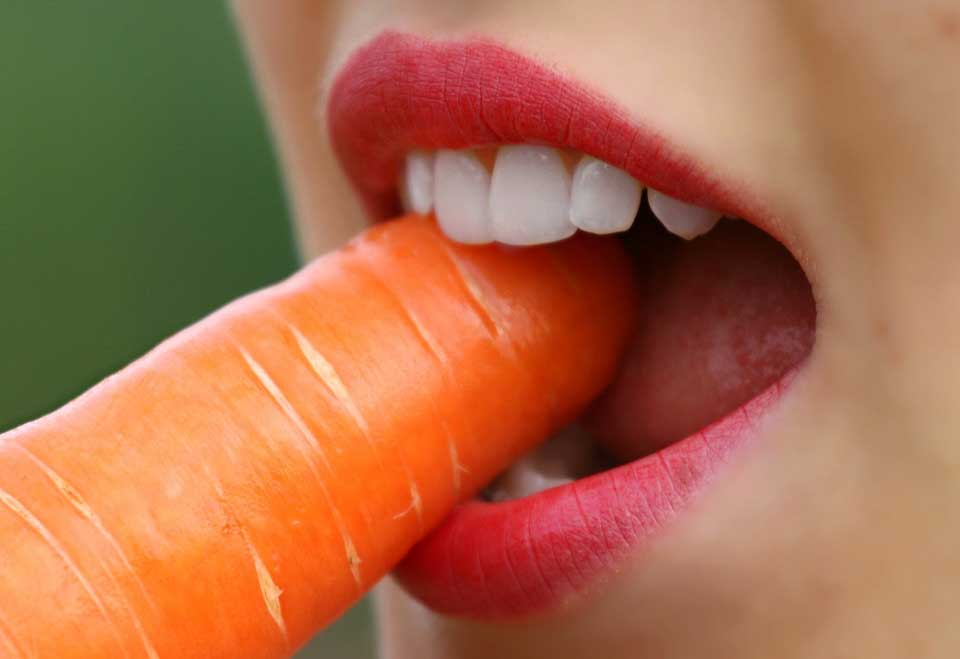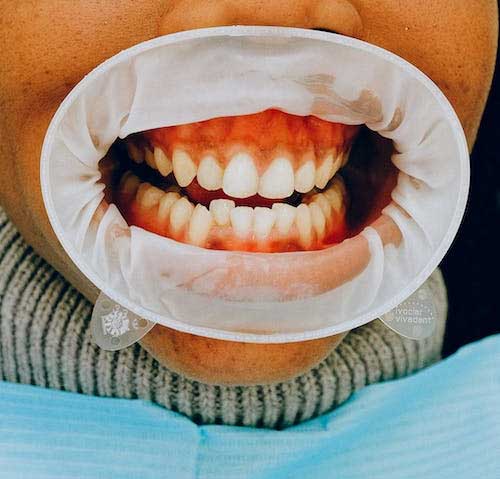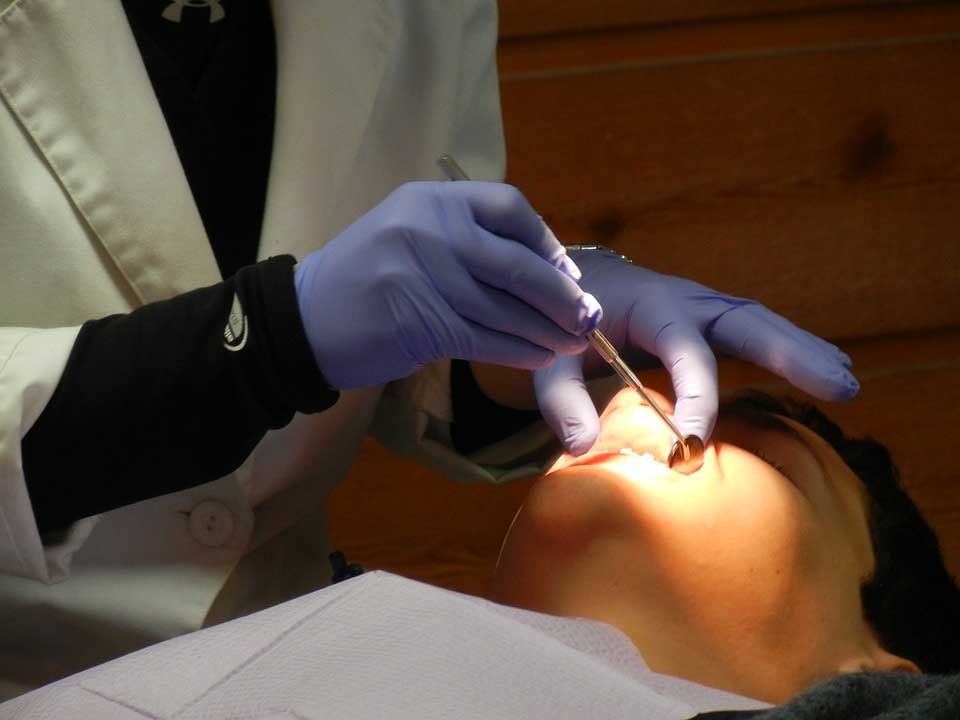
My Teeth Feel Soft When I Bite Down: What’s Wrong and What to Do
Many people have misconceptions about soft teeth. People who feel they have soft teeth are more prone to oral health problems that need dental consultation and treatment. But is there any real meaning to the term “soft teeth?”
Soft teeth occur when a person’s teeth have been compromised to the point that they can easily feel pain when grinding, chewing, and biting. Having soft teeth is a common symptom of dental issues such as tooth pain, cavities, and tooth sensitivity.
How do you define “soft teeth?”
Before one can truly understand the meaning behind the term “soft teeth”, it is basic to understand the anatomy of a tooth. The oral tissue of your teeth is divided into four distinct layers. These consist of:
- Enamel. This is the hard layer that protects your teeth from the outside environment.
- Dentin. This is a thick and compact bone tissue that lies under the enamel and cementum.
- Cementum. This covers and protects the tooth roots. It enables the stability of the periodontal ligament’s attachment to a tooth.
- Pulp. The pulp is the soft and non-calcified tissue in the tooth’s deepest core.
Often, when people complain that their teeth are “soft,” this is usually because of an issue with their enamel. If the enamel is lost or damaged, the pulp gradually becomes exposed, subjecting the teeth to sensitivity to cold temperatures, tooth discomfort, and gum disease.
What are some misconceptions about soft teeth?
Soft teeth are the outcome of worn or weakened enamel. It’s a common misconception that experiencing trauma, nursing, pregnancy, developing adult-onset diabetes, or discovering a new allergy may weaken one’s teeth.
Soft teeth can’t emerge later in life. Instead, it occurs when teeth are still forming. Although significant life events or trauma may affect your dental health, they are not likely to create “soft teeth.”
What factors contribute to having soft teeth?
Various factors may be to blame for your troubles, and some individuals even believe genetic defects are at the heart of it. Nevertheless, there may be more factors that lead to soft teeth. The following are other elements that may have a role in the development of soft teeth.
Improper Dental Hygiene
This is the primary culprit in enamel wear. Plaque may build up in the absence of regular and extensive brushing and flossing, allowing bacteria to produce acids that destroy tooth enamel. Next to this is poor oral hygiene as it may also cause tooth pain and gum disease. Furthermore, brushing too hard may also wear it away.
Acid Reflux
Several people suffer from heartburn and acid reflux disease for varying reasons. This condition entails the movement of stomach acids up to the esophagus. Due to the constant exposure of acid to the enamel, people with this condition are at a considerably greater risk of cavities. The effects of acid reflux may be far more damaging than sweets, drinks, and other harmful food options.

Enamel Hypomineralization
This is a genetic predisposition where a person has fewer minerals in their teeth. As a result of this deficiency, there is a thinner layer of enamel in their teeth. Hence, subjecting them to tooth sensitivity and tooth decay as the enamel disintegrates over time.
Enamel Hypoplasia
This condition is a developmental defect that occurs as a tooth erupts. A person who has this condition might have thinner or no enamel at all. Although in some cases, the defect is only present in some areas instead of the entire tooth. This usually results in enamel deterioration and eventually, grooves and pits caused by decay and enamel wear.
Enamel Fluorosis
Teeth benefit greatly from fluoride as it aids in preventing tooth decay. However, a child aged 8 or younger may have their teeth weakened and develop abnormalities if exposed to too much fluoride. This only affects teeth that haven’t erupted from the gums. If you notice your child experiencing this condition, take them directly to a general dentist for treatment and to avoid further complications.
Cross-Contamination
When members of the same household use common items, there is a risk of transmitting harmful germs from one host to another. This especially applies to anything that you put in your mouth. Hence, it is vital to avoid the risk of cross-contamination by not sharing toothbrushes with anyone. This might transfer the bacteria that cause tooth cavities and lead to enamel erosion.
How to Prevent Enamel Issues
Preventing enamel erosion can be done in many ways. This includes giving up smoking, reevaluating your current medications, and buying a mouth guard to wear at night if you experience teeth grinding. Maintaining a healthy diet and regular oral hygiene practices might be of assistance to achieving excellent dental health.
The enamel of your teeth cannot heal on its own if it gets broken down. Fortunately, there are a couple of preventative techniques and adjustments you can do to reduce the likelihood of enamel deterioration.
- Clean and brush your teeth at least two times a day, and use dental floss once daily. Learning to create a regimen you can practice regularly is necessary.
- Invest in a high-quality brush to better clean your teeth and gums without damaging them.
- Take caution when cleaning your teeth. Be as gentle as you can as using an excessive amount of pressure might damage your teeth and gums.
- Choose a fluoride-containing toothpaste for sensitive teeth.
- Eat fresh fruits and vegetables along with low-fat dairy foods in your daily diet.
- Maintain regular dental appointments for great dental health.
- Stay away from acidic, sugary beverages like juice, soft drinks, and energy drinks that may promote bacteria growth.
- For mothers, ensure that children do not sleep with a bottle of milk in their mouth; this can facilitate tooth decay in youngsters.
Conclusion
Tooth enamel may be weakened by several circumstances, poor diet, and health issues, possibly resulting in periodontal disease and sensitive teeth. Visit your dentist if your teeth feel that you have soft teeth, loose teeth, or obvious flaws, including tooth cracks, divots, or discoloration.
Regular dental appointments are vital to managing these because it gives access to proper teeth cleaning and spot early symptoms of oral diseases. The dental hygienist can also give correct diagnosis and advice on maintaining your teeth.

























